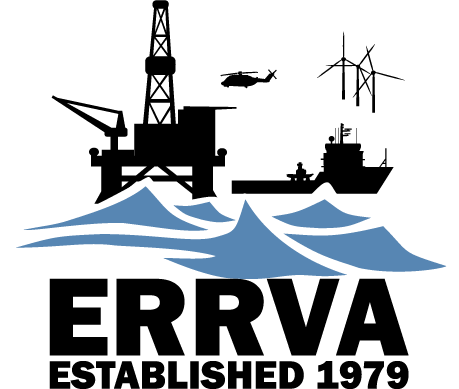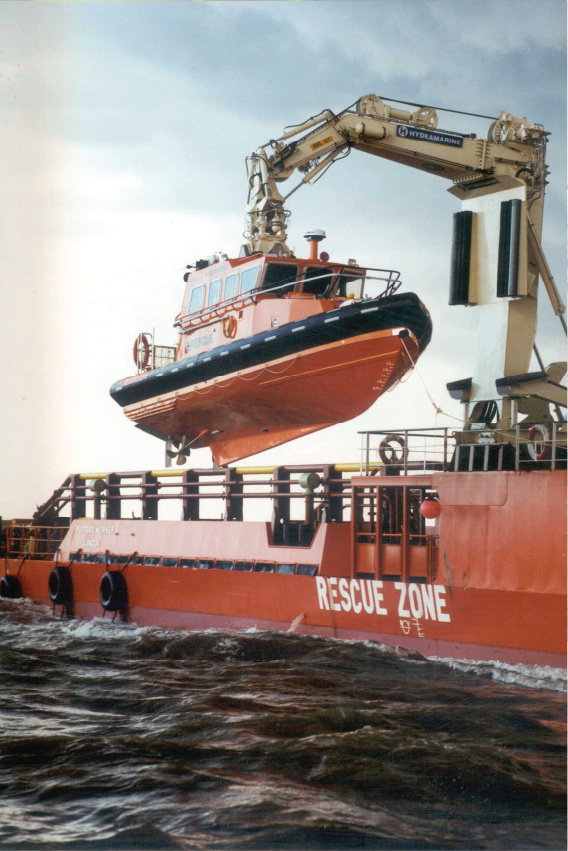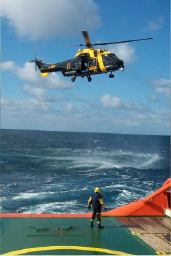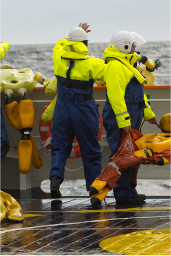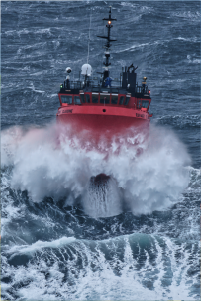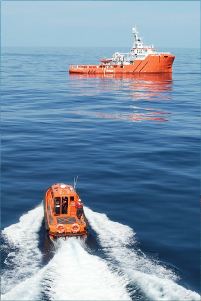These Guidelines establish the standards for Emergency Response and Rescue Vessels (ERRVs) operating within the UK Continental Shelf. They detail construction, performance, and equipment requirements, as well as providing operational guidance for crews. Regular updates ensure the Guidelines reflect lessons learned and advancements in legislation, operations, and technology.
Introduction
The Guidelines aim to provide general guidance for Masters and crews of ERRVs, Offshore Installation Managers (OIMs), and other relevant offshore personnel. They do not cover Merchant Shipping statutory requirements and are not specific to any individual field or installation.
Legal Requirements – PFEER
The Offshore Installations (Prevention of Fire, Explosion and Emergency Response) Regulations 1995 (SI 1995 No. 743), commonly known as PFEER, govern offshore emergency response. Regulation 17 of PFEER mandates that:
- The duty holder must ensure effective arrangements for the recovery of persons following their evacuation or escape from the installation.
- The duty holder must ensure arrangements for the rescue of persons near the installation.
- The duty holder must ensure the transfer of such persons to a place of safety.
The Approved Code of Practice (ACoP) for this regulation states that having a suitable vessel on standby will often provide effective arrangements.
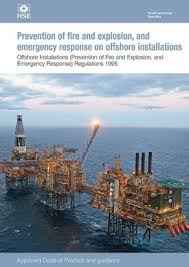
Reviewing the Guidelines
The Guidelines are jointly reviewed by OEUK and ERRVA, with support from the Health and Safety Executive (HSE), Maritime and Coastguard Agency (MCA), International Association of Drilling Contractors (IADC), British Rig Owners’ Association (BROA), OPITO, the UK Chamber of Shipping, Marine Safety Forum, Trade Unions, and other relevant industry bodies.

About OEUK
OEUK is the representative organisation for the UK offshore energy industry. Its members are companies licensed by the Government to explore and produce energy in UK waters. OEUK’s mission is to strengthen the long-term health of the UK offshore energy industry through cooperative solutions involving industry, government, and all stakeholders.
Discover More
Offshore emergency response vessels (ERRV) play a pivotal role in ensuring safety and operational efficiency in maritime environments. From adhering to guidelines to offering essential services, ERRVA’s contributions are multifaceted and indispensable. Discover more about how ERRVA keeps the offshore sector secure and efficient
